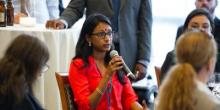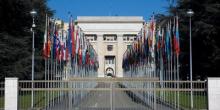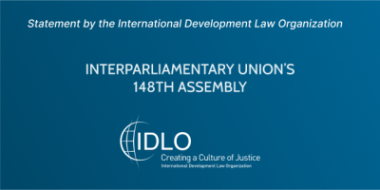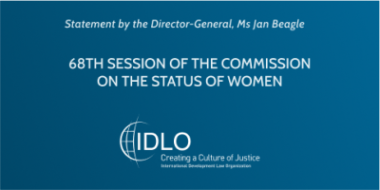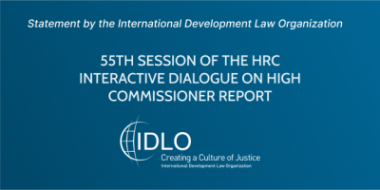Criminal Justice Reform
In Ukraine, as in most eastern European states, the role of the Public Prosecutor is oversized in relation to the Judiciary and the rest of the legal community. The institution is historically prone to abuse of power and corruption, and skewed towards protecting the interests of the state over those of society or the individual. Regard for human rights is scant; fair trial standards are rarely applied. As a consequence, public dissatisfaction is rife. However, current political will to change the system has opened up an opportunity for meaningful reform.




